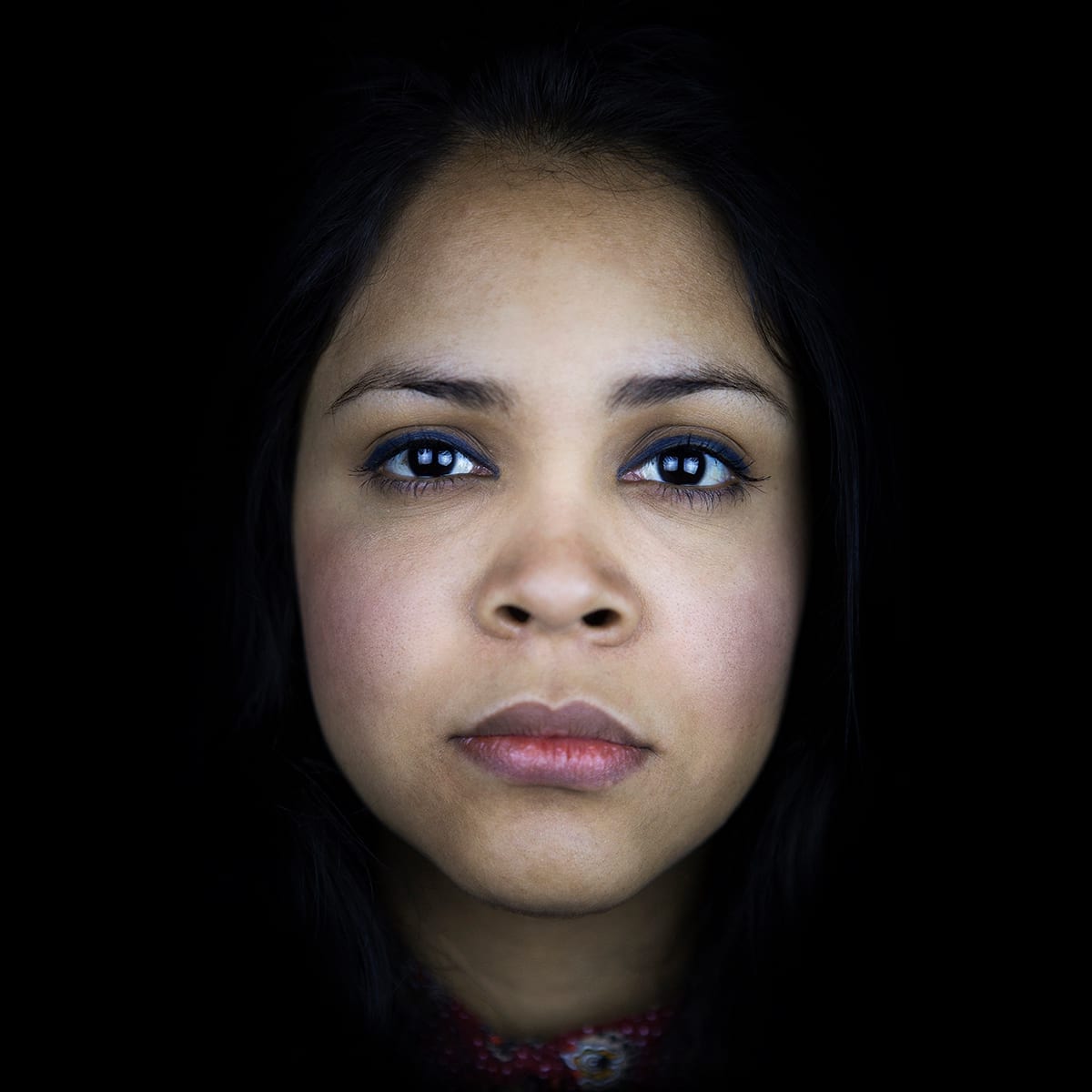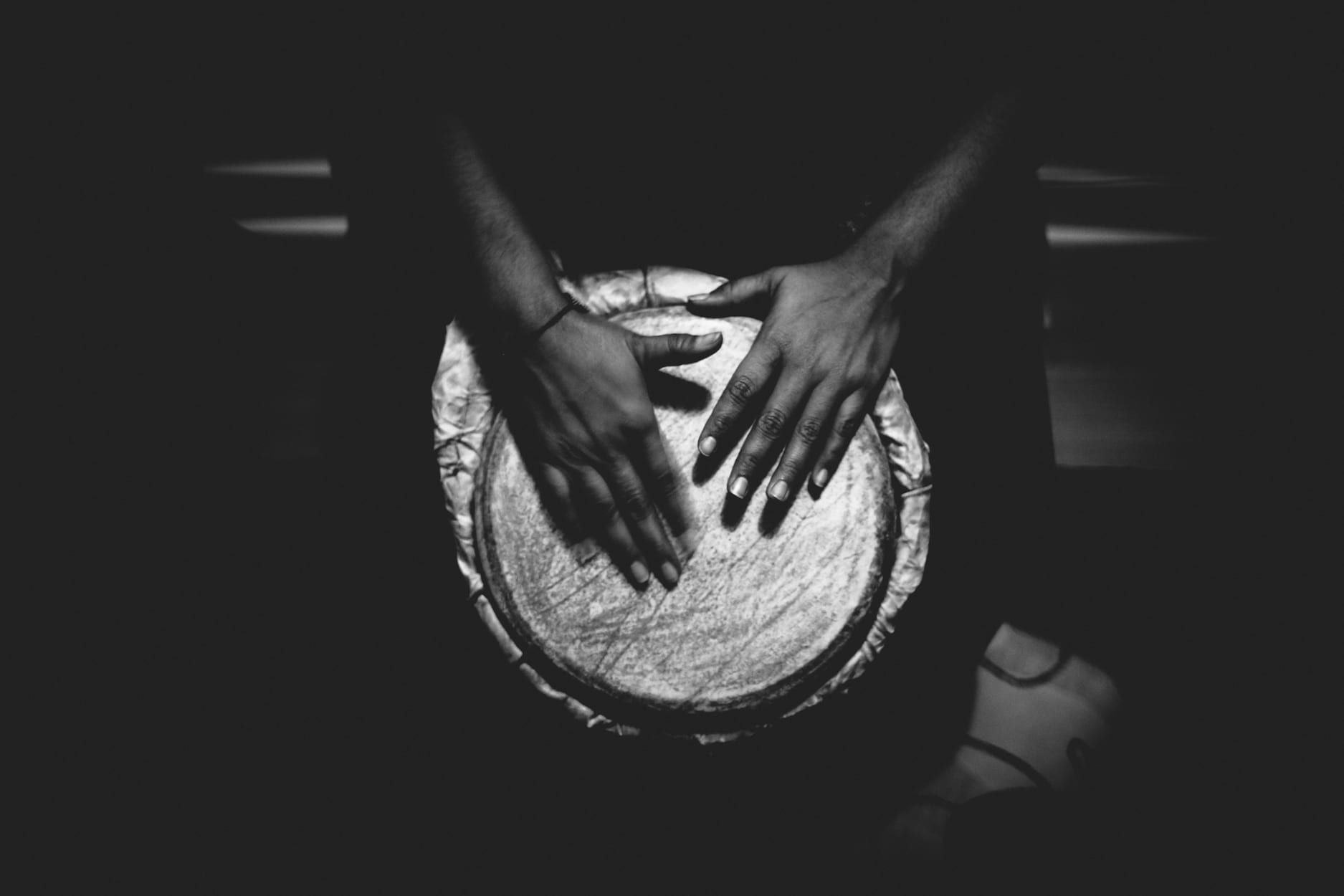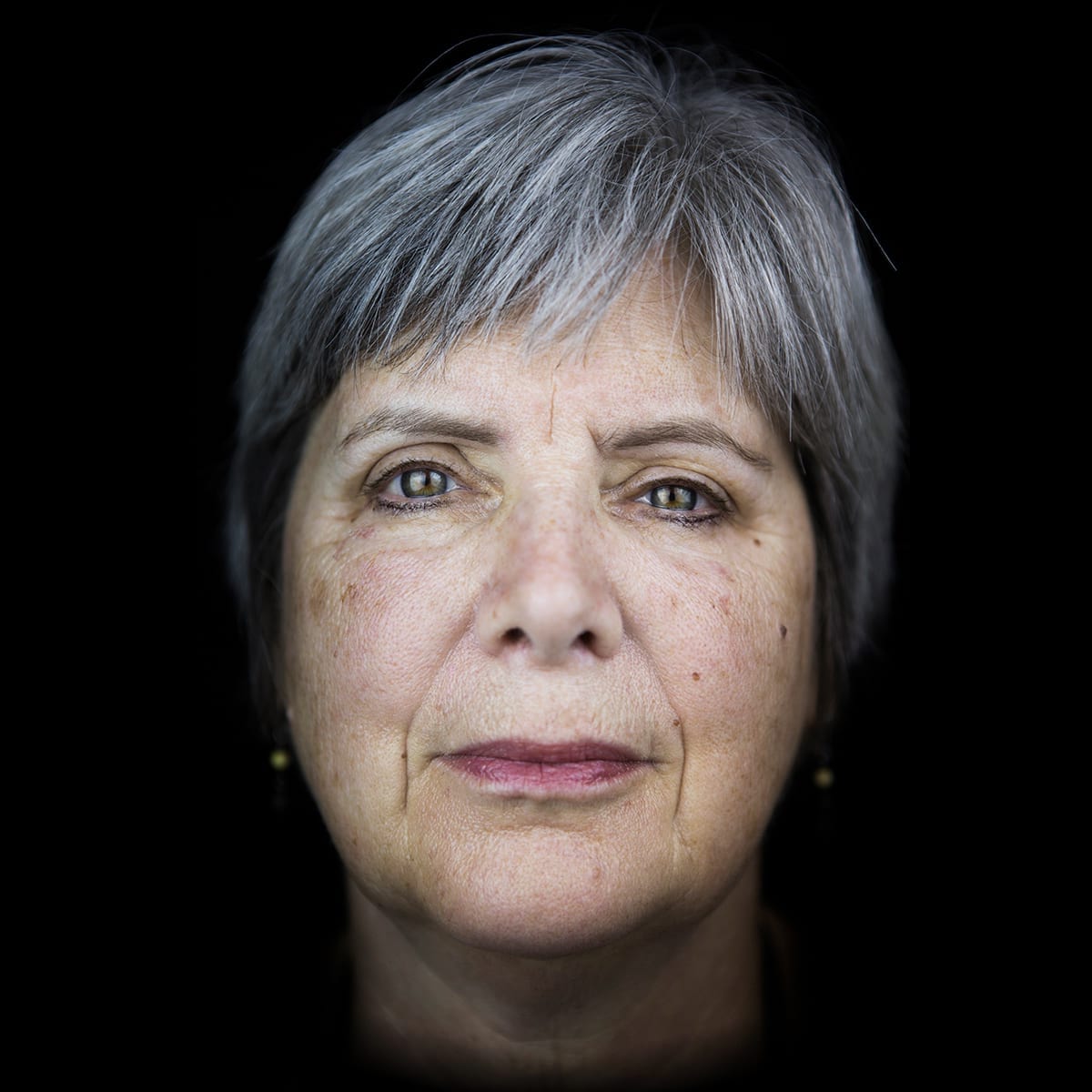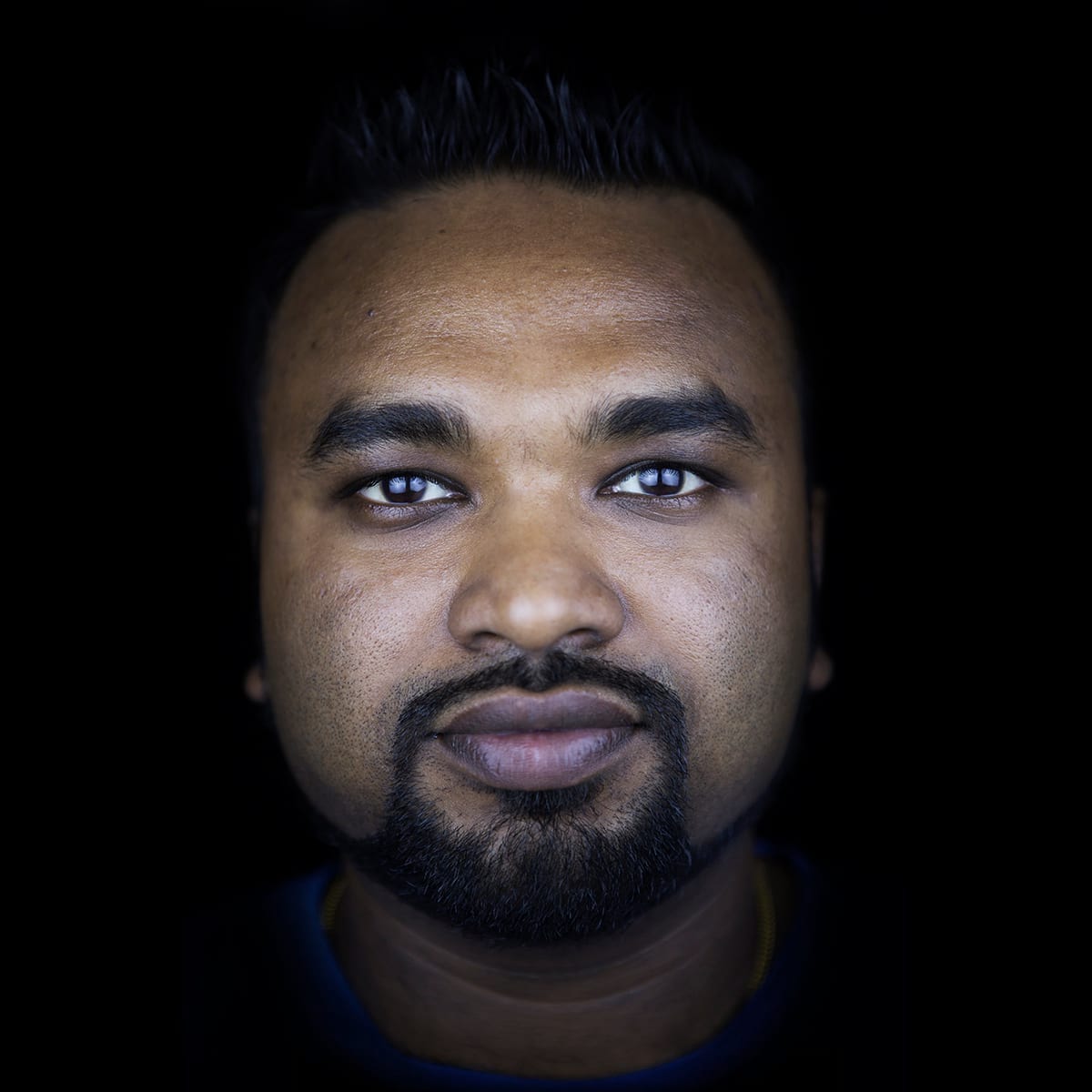
Carolina Oliveros
Born May 30th, 1988 – Barranquilla, Colombia
“Bullerengue is life,” to put it simply says Carolina when we sat down for a conversation about her musical roots. Carolina grew up in Barranquilla, Colombia, where her interest in music first began. She remembers an initial visit to a music school as a teenager, unsure of what she wanted to do in life. Suddenly, she heard a soprano voice from somewhere in a classroom, a voice with a timbre she didn’t believe to be live – “it was unreal that someone could sing like that,” she notes. Carolina quickly registered at the school, from there on out dedicating her life to making music.
When I listen to Bullerengue something insides me wakes up…something I can’t describe…I feel like crying, screaming, dancing.
While at university, Carolina’s musical studies were focused on classical music and lyrical singing. At the time, she did not have such a strong connection to folkloric music and Bullerengue. Instead, like many young urban Colombians growing up in the 90s and early 2000’s she was attracted to the harder edged sounds of rock and punk. However, as the leading voice in a metal band in Barranquilla, Carolina explained, “everything I do, I do it because I feel it. Metal was a feeling, a fight, a message I wanted to be part of.” It was not until later in life that she discovered that same strength and emotion in Bullerengue and felt compelled to explore her Amerindian and Caribbean roots. It was then that her study of this music became a quest for self-discovery and cultural resistance in its own right.
Presently Carolina’s life is dominated by Bullerengue, with metal and rock relegated to the sidelines. As she embarked on an exploration of Bullerengue and her traditional roots, she describes it as her “ life stopped being grey and colors begun to appear.” A true turning point for Carolina, was when she started going to the Bullerengue festivals in Colombia. It was there that she began to understand what Bullerengue really is, and to develop the sensation and philosophy that “I always had it inside me and I think every Colombian has it too.”

I was amazed by what means to Carolina; by the philosophical component of the tradition’s creative and performative process. For Carolina, the genre is indeed a way of seeing the world and understanding the idiosyncrasies and evolving routines of everyday life. The musical structure of Bullerengue is a constant, but what the performer chooses to elaborate on between the lines is something “you just have to feel.” Carolina’s voice is certainly endowed with this capacity, as she infuses the raw honesty of her contemporary experiences into canonic verses of the past.
Carolina now lives in NYC where she sings Bullerengue with the band (Bulla en el Barrio) and is involved in various musical projects.

Bullerengue is a tune to life. It’s a song about all the things that makes us happy even though we don’t realize it.
For Carolina, Bullerengue represents the love and passion for the shared experiences that make up our everyday. Historically, the tradition flourished among female voices in towns along Colombia and Panama’s Caribbean coasts. Daily realities such as going to the river to wash family apparel, learning about useful regional plants, an appreciation for nature’s bounty and the developmental process of transitioning into womanhood, inspired many songs, chants, and physical movements that comprise the repertoire. Carolina emphasizes that Bullerengue is a tune to life. It is a call in honor of the gritty truths that make our lives worth living, even though we do not necessarily realize it. While setting and personal experiences may evolve and change, the pain of childbearing or the profound humility of man in the face of natural disaster, are truths that are timelessly relevant.
As we further discussed Carolina’s approach to interpreting Bullerengue, she was very clear in her view that heritage is not transmitted only by experience; it is also dependent on the desire to attain that experience, a thirst for knowledge. Being an heir is as much an ethical stance toward life, as it is a blood line. Life deserves to be known and explored, for Carolina, Bullerengue and Colombian traditional song acts as her guide.
Songs interpreted by Carolina:
“El Pichinde” – Eustiquia Amaranto Santana , “Asómate Ve Lave” – Hugo Salgado, “A pilá el Arroz” – Eloísa Garcés, “Santo Milagroso” – Darlina Sáenz, “Juana Gómez” – Etelvina Maldonado, “Mata de Asar de la India- Mathiu Ruz” and “Conchita e Coco – Eloisa Garces.
Direction/Editing: Mauricio Bayona
Photography & Video: Diana Bejarano
Sound: Camilo Correa
Writing: Luis Henao/Mauricio Bayona/Diana Bejarano
Kathy Herrera/Naomi Sturm

